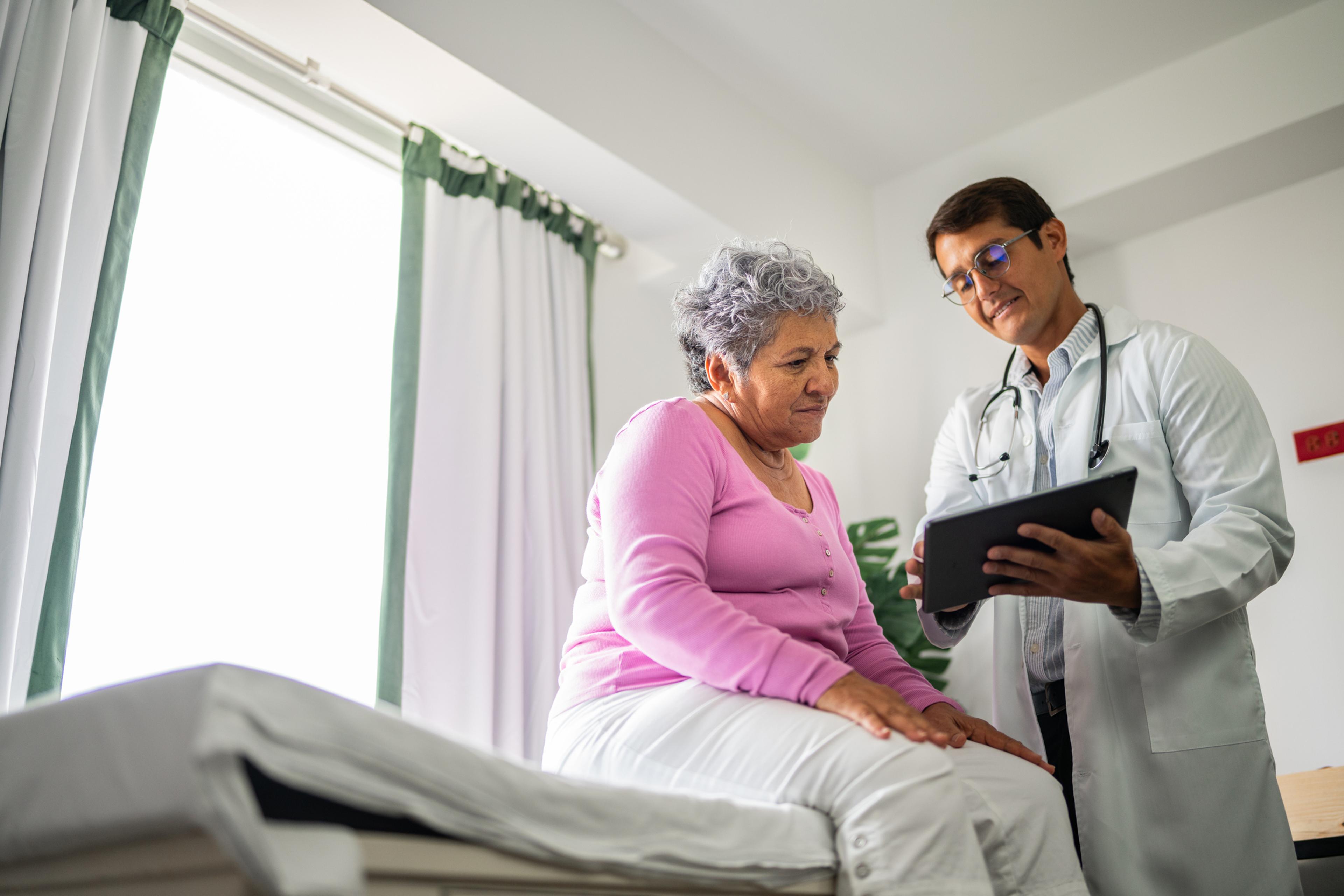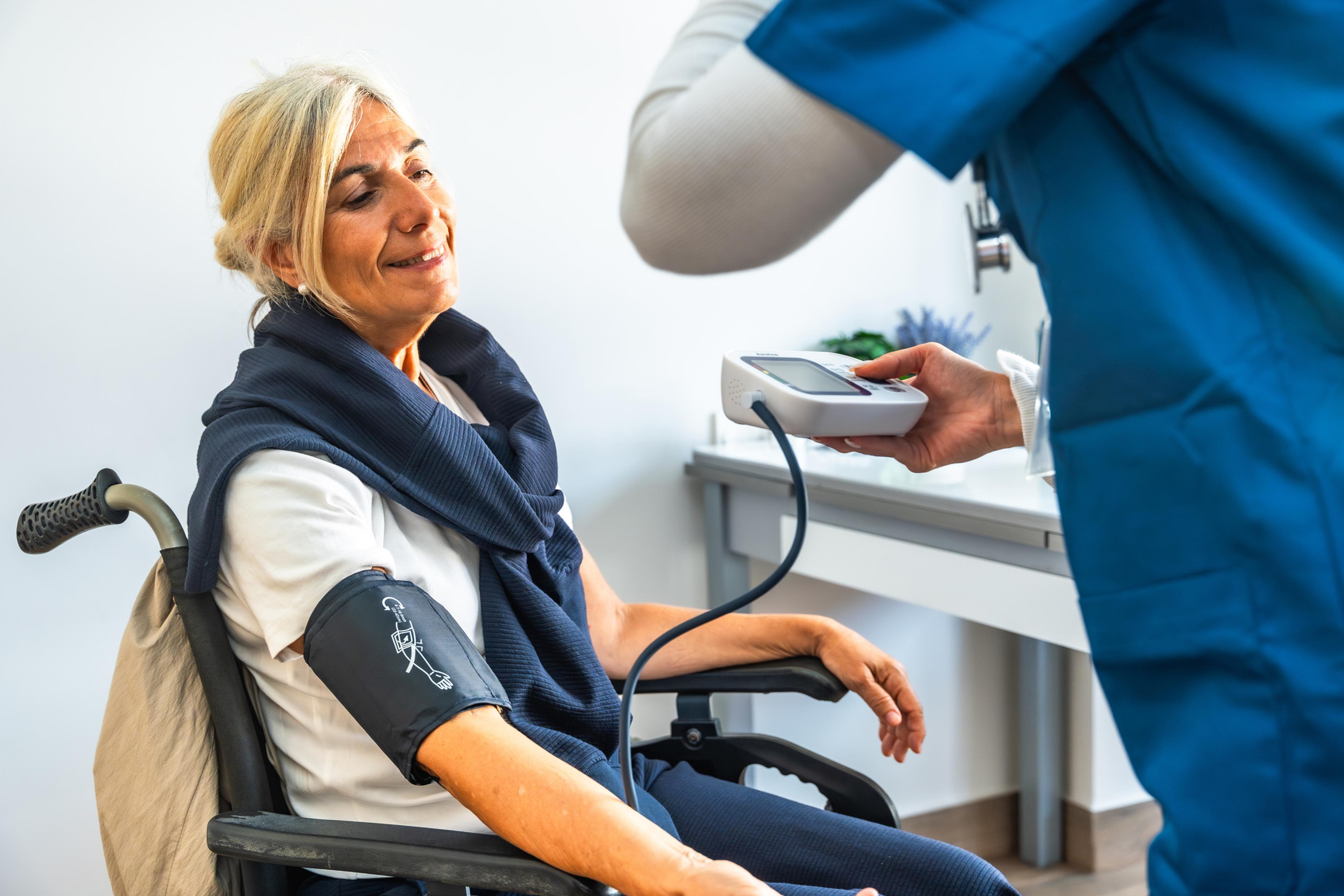How Much Caffeine is Too Much Caffeine?

Shanthi Appelö
| 5 min read
Shanthi Appelö is a registered dietitian and health ...

Caffeine is a stimulant that speeds up messaging between the brain and body when it reaches the central nervous system. Millions of people all over the world consume caffeine every day to feel more alert during daily activities.
Caffeine won't typically pose a health problem, but it’s important to be mindful of its side effects and be ready to cut back if necessary.
The U.S. Food and Drug Administration (FDA) deems 400 milligrams (mg) of caffeine a day a safe amount for most healthy adults. That equates roughly to four to five cups of standard brewed coffee.
How much caffeine is in certain drinks?
An individual may reach those 400 mg of maximum recommended daily caffeine a lot faster depending on the source. The caffeine content in a cup of coffee can vary quite a bit. Factors like processing and brewing time affect the caffeine level.
Those wondering if 50 mg of caffeine is a lot shouldn't be dissuaded from having a cup or two of coffee that contains that amount of caffeine. But these amounts can add up when going back for a third or fourth cup, and not all caffeinated drinks are created equally.
An 8-ounce cup of drip or pour-over coffee, for example, may contain well over 100 mg of caffeine. These amounts can also vary when buying coffee from a store or restaurant.
How much caffeine is in one cup of coffee?
Here is a breakdown of some of the most popular caffeinated beverages, according to the U.S. Department of Agriculture (USDA):
- 12-ounce can of cola: 23-55 mg
- 8-ounce cup of brewed green tea: 30-50 mg
- 8-ounce cup of instant coffee: 55-75 mg
- 8-ounce cup of brewed black tea: 45-50 mg
- 1-ounce shot of espresso: 60-70 mg
- 12-ounce energy drink: 72-122 mg
- 8-ounce cup of brewed coffee: 80-100 mg
- 13-oz Frappuccino: 110 mg
Caffeine in powder or liquid form can provide toxic levels of caffeine, according to the FDA. Just one teaspoon of powdered caffeine is equivalent to about 28 cups of coffee. Drastically high levels of caffeine can cause serious health problems and possibly death.
How caffeine affects digestion
Caffeinated beverages are known to increase a person’s bowel movements. They do this by augmenting a person’s gut motility, which is the contraction of the muscles that move contents through the gastrointestinal tract.
Some drink coffee for this very reason, to help assist with bowel regulation.
It’s a slippery slope, however, because this effect can contribute to loose stools and diarrhea and exacerbate irritable bowel syndrome (IBS) and inflammatory bowel disease (IBD) symptoms. These side effects can contribute to dehydration, as can caffeine’s status as a diuretic. Caffeine increases blood flow to the kidneys, triggering an increase in urine production. Increased urine also contributes to dehydration.
Large doses of caffeine can cause the drinker to become anxious and jittery, more symptoms that are likely to worsen IBS or IBD.
How caffeine impacts people of different ages
Regular consumption of caffeine is not safe for people of all ages and some living with certain conditions.
Some research suggests that older adults metabolize caffeine at a slower pace than younger people, making them more likely to feel the stimulating effects of caffeine for longer. This can lead to heightened sensitivity and stronger symptoms for older adults with a history of migraines, anxiety, urinary incontinence, frequent urination, muscle tremors, stomach problems, restlessness or sleeplessness. Seniors who are regular coffee drinkers that share this medical history should talk to their health care providers and may want to consider scaling back to just one or two cups of coffee (50-100 mg) per day.
Women who are pregnant or who are trying to become pregnant – as well as those who are breastfeeding – should speak with their health care providers about limiting their caffeine to less than 200 daily mg.
Pediatricians advise against caffeine for children under 12 and are against the consumption of energy drinks for all children and teens. They also suggest limiting caffeine to at most 100 mg (about two 12-ounce cans of cola) daily for individuals aged12-18 years.
Curbing caffeine: Tips to cut down
Caffeine withdrawal can cause headaches, anxiety, insomnia, and depression for those who abuse it. Those who feel like they fall into that category – or those who would just like to cut back in general – can give these cut-down tips a try:
- Keep tabs on the amount of caffeine consumed by reading labels and recording results.
- Cut back gradually by drinking one fewer can of soda or a smaller cup of coffee each day and set an earlier caffeine cut-off time. This can help the body get accustomed to lower levels of caffeine and lessen potential withdrawal effects.
- Mix in decaffeinated beverages.
- Shorten the brew time for tea to lower the caffeine content. Or choose herbal teas that don't have caffeine.
- Give over the counter (OTC) medications a closer look. Some OTC pain relievers contain caffeine. Choose caffeine-free pain relievers instead.
Individuals should talk with their health care provider about their caffeine consumption during an annual physical to evaluate the impacts on their physical and mental health, as well as chronic conditions.
Shanthi Appelö is a registered dietitian and health and wellness spokesperson at Blue Cross Blue Shield of Michigan. For more health-related tips and content.
Photo credit: Getty Images
Continue reading:





